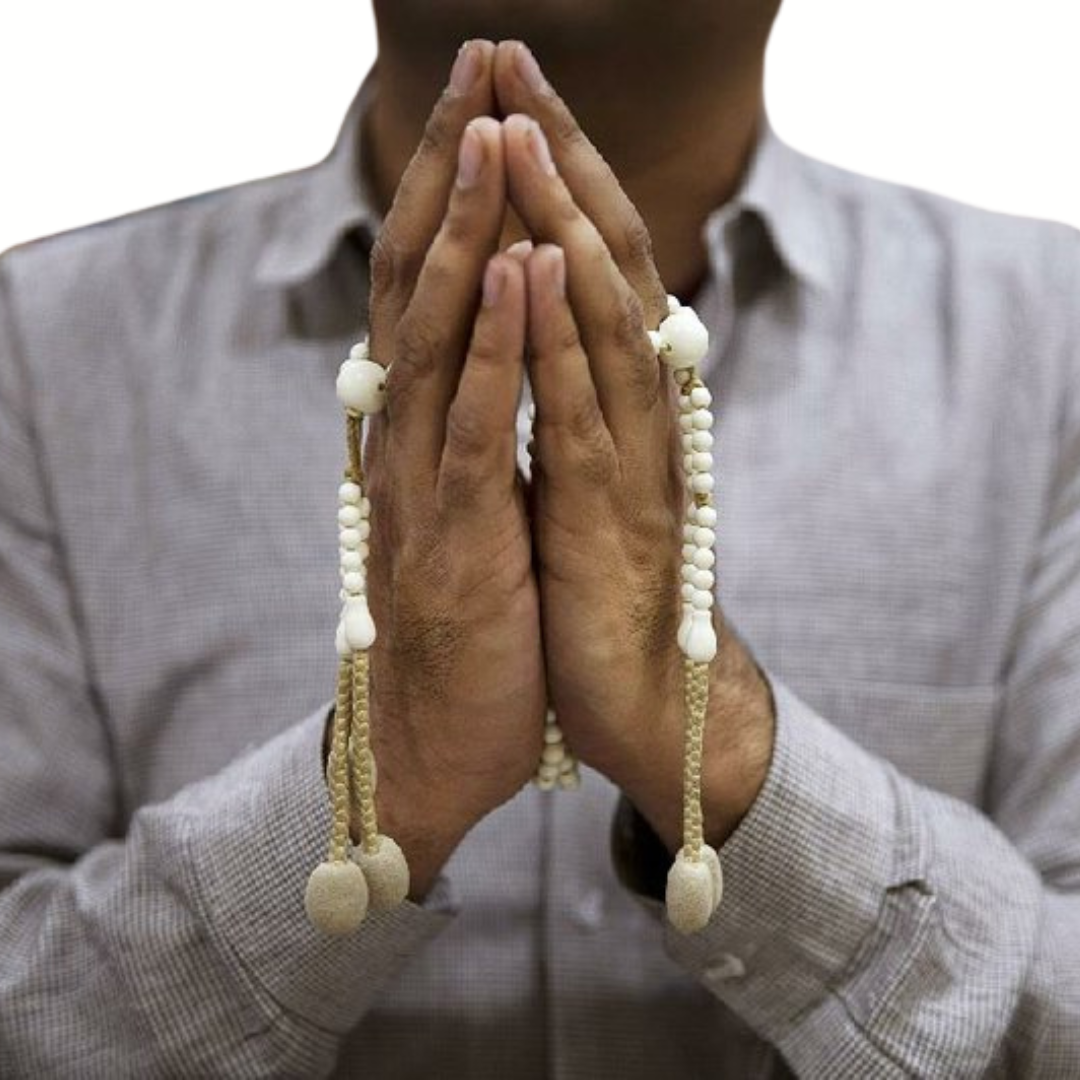Question: When listening to Western Buddhists, from almost all traditions, they all seem to be saying the same thing about the universality of Buddha Nature and that all people can become a buddha. Anne C. Klein (Rigzin Drolma) a professor of religious studies at Rice University and a teacher at Dawn Mountain Center for Tibetan Buddhism in Houston, writes that everyone, including her, “is already a buddha.” This sounds like mutual possession of the ten realms and Ichinen Sanzen. Where do these other teachers get this idea, that everyone has buddha nature? I thought that this teaching was only in the Perfect Teaching of the Lotus Sutra and Nirvana Sutra?
The Fox and the Monk
I have gotten the impression that many have the impression that chanting Namu Myoho Renge Kyo somehow either circumvents the usual workings of the law of cause and effect and/or is such a good cause that it overrides or is supposed to instantly change all our negative karma. I think this is a very naive and non-Buddhist understanding of what the Odaimoku is and how causation actually works.
On Accounting for Supernatural Entities
In the discourses of Shakyamuni Buddha and the writings of Nichiren Shonin, the presence of transcendent buddhas, bodhisattvas, gods, demons, devils and other supernatural creatures reminds us that many inner forces are working within the subconscious and unconscious mind that may either help or hinder us. Memories, good and bad associations, built-up prejudices, unaddressed traumas, habits, or predispositions – all serve to darken our vision or dampen our aspirations.
Serenity's Song: A Journey Through Meditation
Nichiren Bay Area is offering a new program for our community members to share their thoughts, voices, and art about their Buddhist practice with the world called "Voices from the Sangha." We hope sharing such art work furthers all our connection with each other and your own personal practice and contemplation of the world in all its manifestations. With Love and Joy!
Practice is a Solo Ascent
Why do we abdicate self-responsibility to others, thereby giving them power over us?
This difficulty of mastering ourselves through self-awareness of mindfulness and bodyfulness explains why we are always looking outside ourselves for the answers, for salvation, for someone to tell us what to do, to lead us. We end up abdicating our own agency to another, worshiping, venerating, idolizing another. A guru, a master, a leader, coach, CEO, super-stat-influencer, pope, etc. This idea of guru teacher being so noble and infallible that we sacrifice our own insights and awareness to them is a dangerous idea, contrary to our goal of self-awareness and awakening. It is in fact it is a barrier or fetter to enlightenment.
This abdication creates fertile soil for those who now have power over us to abuse such power, for everyone is always driven by greed, hatred and ignorance.
We are particularly vulnerable during our spiritual awakening - “Hero’s Journey - for it is when we are deep in our suffering (journey) that we are wide open to predators and abusers. We must acknowledge that no one can lead us to self-awareness, to awakening, to freedom from suffering. We have to do it for ourselves.
Reflection and Repentance. It is the Way.
The joy of generosity - a cure for our ills
Generosity or dana in Sanskrit, is the first of the Six Perfections. As a practice it opens us to all the other Perfections because it requires us to let go of whatever it is we're clinging to or relying on. Real generosity is a kind of giving that can only be done with an open heart, and an open heart holds nothing back. It could be called lesson number one in surrendering to things as they are.
Guidance for how to practice
Tiantai's Great Calming and Contemplation (J. Maka Shikan) offers us instruction how to practice. It is hundreds of pages all about that. Nichiren lectured on this text his whole life. If I had to express what I think it is about in just a few words though I would say it is about cultivating a way of being fully present to each moment and letting that moment speak its truth to you without any interference on the part of your own delusions, assumptions, biases, and so on. How can you possibly do that? It is very hard, almost impossible to do that when you are doing daily activities with family, work, play or whatever because then you are caught up in your usual thoughts and feelings.
What is the Precept Platform
Nichiren offered all of us living in the Latter Age a wonderful encapsulation of the entirety of our lineages teaching and practice of Buddhism called the Three Great Secret Dharmas, Sandai Hiho. He took all of Shakyamuni’s, T’ien-t’ai’s, Dengyo’s teachings and forged them into the adamantine diamond of the Sandai Hiho.
Buddhism seems depressing, an endless cycle of suffering… over and over and over again...
Everything - hells, humans and heavens - are contained in the present moment which is a continuously fluid flow state of arising – in other words “Creation.” Opening oneself to the present moment of creation is an experience beyond description and is joyful, fulling and meaningful beyond imagination… and then it flows into the next moment and so on. Suffering is caused by each of us trying to hold onto something or anticipate something… Enlightenment itself is a moment-to-moment state, which implicitly suggests that even awakening itself is impermanent and takes constant effort and mindfulness. Enlightenment is not ‘one-and-done.’











